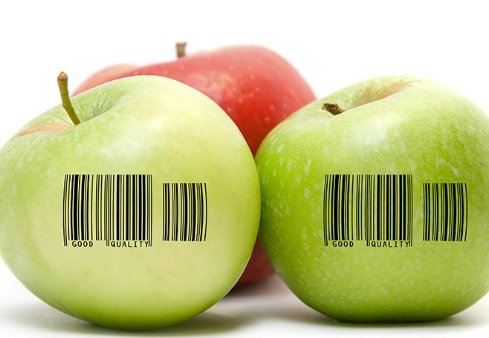
The COVID-19 pandemic has significantly heightened awareness about food safety, making people more concerned about where their food comes from and how safe it is. This growing concern stems from a better understanding of the health risks and foodborne illnesses that can result from unsafe food. Vulnerable groups, such as infants and the elderly, are particularly at risk, prompting a demand for greater transparency in food production and distribution in India.
The Importance of Food Traceability
Food traceability refers to the ability to track the entire journey of food from its origin—whether farm, factory, or sea—to the final point of sale and consumption. This process is crucial for ensuring food safety, especially in the event of a foodborne illness outbreak. By tracing the food’s journey, authorities can quickly identify the source of contamination, thereby preventing the spread of illness and potentially saving lives.
Reducing Food Waste Through Traceability
In India, a significant portion of food is lost or wasted before it even reaches the market. This waste often occurs due to inefficiencies and breakdowns in the supply chain. Implementing robust traceability systems allows for better monitoring of the supply chain, helping to pinpoint where food is being lost or spoiled. As a result, more food reaches consumers, reducing waste and contributing to food security.
Addressing Allergen Sensitivities with Traceability
Food allergies affect about 25% of the Indian population, making clear labeling and traceability essential. Traceability ensures that food products are accurately labeled with all the ingredients they contain, helping consumers with allergies avoid dangerous reactions. This is especially critical in a country as diverse as India, where a wide variety of foods and ingredients are consumed.
India’s Efforts to Enhance Food Safety
India has established strict regulations to ensure food safety, with the Food Safety and Standards Authority of India (FSSAI) at the helm. The FSSAI oversees the correct labeling of food products, providing consumers with the information they need to make informed choices. In 2020, new regulations were introduced requiring detailed labels on pre-packaged foods, making traceability more straightforward and accessible.
Organizational Support for Food Safety
Organizations such as the Confederation of Indian Industry (CII) and its Food and Agriculture Centre of Excellence (FACE) work closely with the FSSAI to enforce food safety standards across the supply chain. Their efforts help ensure that consumers can trust the safety and quality of the food they purchase.
In addition to domestic food safety, India places a strong emphasis on the safety of its food exports. The Agricultural and Processed Food Products Export Development Authority (APEDA) has implemented traceability systems for agricultural products intended for export. These systems use standardized barcodes to track products, ensuring that they meet international safety standards. In cases where issues arise, these systems also allow for swift recalls, protecting consumers both in India and abroad.
Summing Up
Food traceability is not just a technical requirement; it is a vital component of public health and consumer trust. As awareness of food safety continues to grow, traceability systems are becoming increasingly important in ensuring that food is safe, reducing waste, and protecting those with food allergies. With robust regulations and the support of organizations dedicated to food safety, India is making significant strides in safeguarding the health of its citizens.

